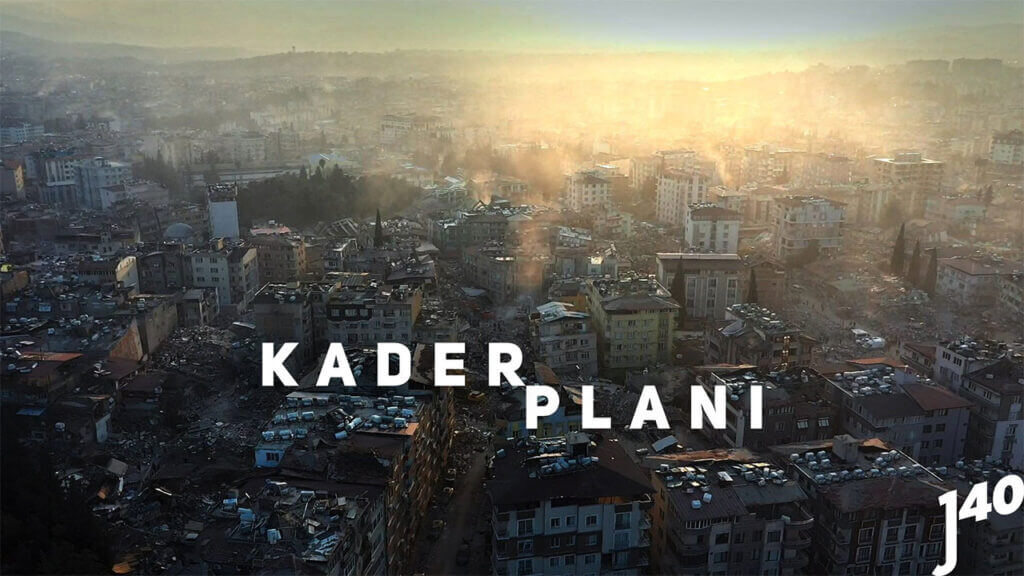A documentary that includes statements from a politician, two journalists and an activist highlights criticism of Turkish President Recep Tayyip Erdoğan and his ruling Justice and Development Party (AKP) for their poor job in responding to powerful earthquakes in Turkey last month.
A 7.8-magnitude earthquake struck Turkey’s south on Feb. 6, which was followed by a number of aftershocks including a 7.5-magnitude temblor that jolted the region, killing more than 44,000 people in Turkey, according to the latest official figures.
Following the earthquakes, Erdoğan and his government were accused of poor performance in coordinating search and rescue efforts, mainly failing to mobilize enough people and a lack of coordination among the teams, which resulted in civilians trying to pull their loved ones from under the rubble themselves.
The 41-minute documentary, titled “Destiny’s Plan,” a phrase often used by the president in the wake of disasters that his government is accused of failing to take precautions for in advance, was released on the YouTube channel of 140journos, an İstanbul-based media outlet that produces and publishes visual stories, documentaries and qualified research on a wide range of issues about Turkey, on Wednesday.
The documentary includes footage of instances in which earthquake victims question where the government’s search and rescue teams, especially those from the Disaster and Emergency Management Agency (AFAD), are, saying they arrived too late to help people.
“The government’s response … was incompetent and inadequate. People died in plain sight,” journalist Murat Ağırel said.
Journalist Fatih Altaylı said his team asked mayors from all earthquake-hit cities to provide information about the situation and needs of their cities by phoning in during his program on Habertürk TV on the first night of the disaster, but that only Hatay’s mayor, from an opposition party, wasn’t afraid to do so.
“There was fear. People were afraid to even say what happened to them. They were afraid of where and how they would say it,” Altaylı said, referring to the AKP’s crackdown on critical media outlets, particularly after a coup attempt on July 15, 2016.
Muharrem İnce, leader of the opposition Homeland Party (MP) who ran against Erdoğan in the presidential election of 2018, criticized the president for preventing the military from joining in search and rescue efforts in the aftermath of the quakes.
He said he was more upset now than the night he lost the election because if he had won and become president, he would have mobilized the military right after the quakes.
Nasuh Mahruki, co-founder and former chairman of Turkey’s Search and Rescue Association (AKUT), underlined that in the fight against disasters, search and rescue efforts should start in the first minutes and that all the cities affected by the quakes had troops waiting to join the efforts immediately.
“[The government] should have been involved [in rescue efforts] with all its power in such a disaster, such a catastrophe … and [it] had the means … to do so. [The government] has abandoned the nation. The people of that region will not be able to get over the trauma they have experienced,” Mahruki added.

